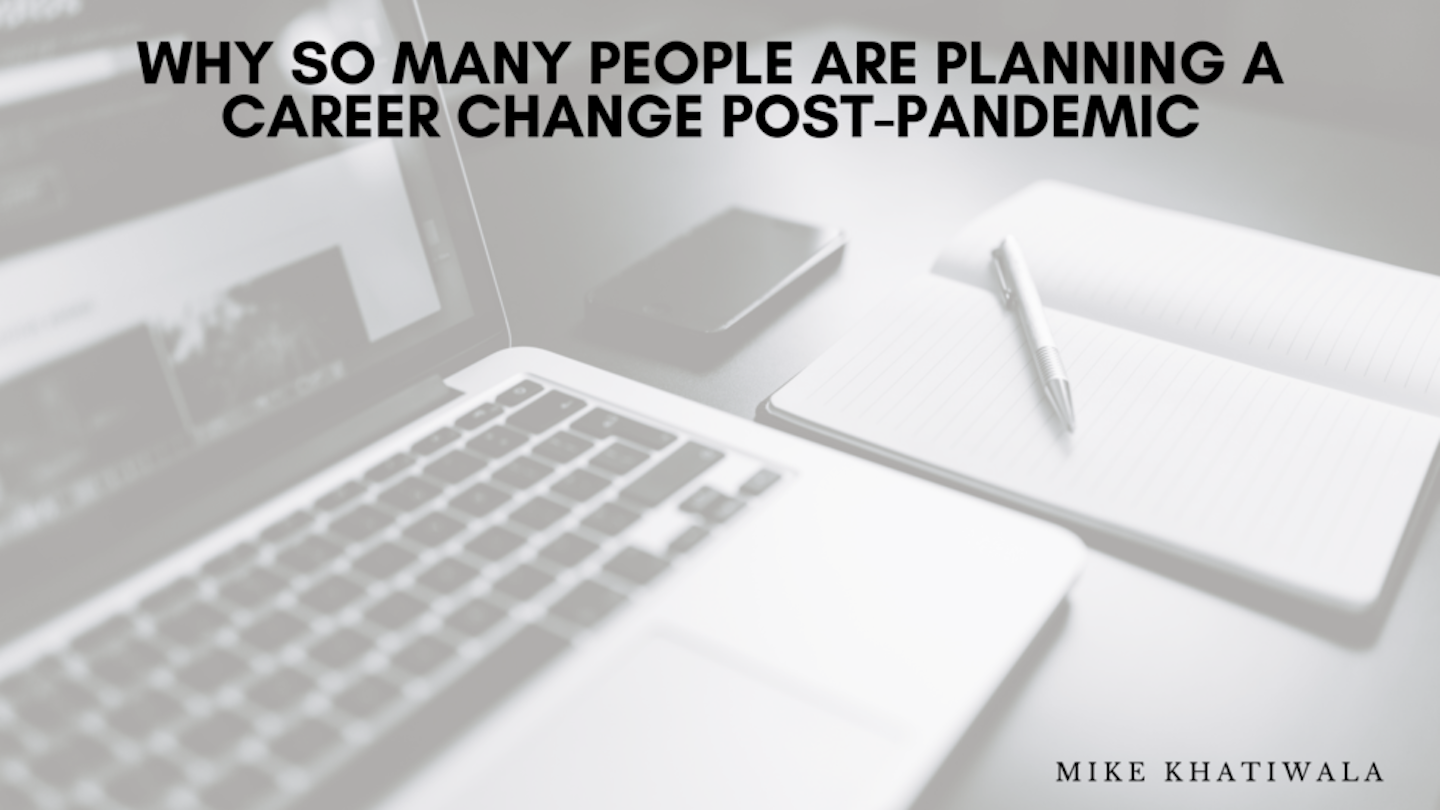The coronavirus pandemic has shaken society in fundamental ways. Basic parts of life, such as waking up and going to work every morning, have changed. Instead, people are working from home or have lost their jobs entirely. These fundamental changes have affected women more than men. A large percentage of frontline healthcare workers are women. Children being home from school, in most cases, puts additional burdens on female caretakers.
The result is a shift in professional priorities. AllBright, an organization that helps women network, did a study on the effects of COVID-19. They found that more than 60% of women plan to change careers. Around 25% intend to start a business of their own.
Surprisingly, most of the women interviewed feel somewhat positive about their professional futures despite the widespread economic downturn. The pandemic has given people a new perspective. With children attending virtual classes, many working mothers have had to balance childcare and homeschooling in unexpected ways. Being out of work has encouraged some women to go out for themselves. It has forced others to seek new career paths.
A number of women have no choice about changing their careers. An estimated 22 to 40 million people lost their jobs due to COVID-19. According to the McKinsey Global Institute, women accounted for 54% of those losses. This is due to a number of factors, including that women make up the majority of hospitality and food production workers — two of the areas hardest hit by the pandemic.
Those areas have been slow to open back up because of the ongoing spread of the novel coronavirus and the challenges of protecting customers. Job availability is still low, leaving women in those fields little choice but to change direction.
Many women have had to scale back their hours — or to leave the traditional workforce entirely — because of childcare issues. With so many children home from school, and so many childcare centers closed, mothers more often than fathers reduce their workload. Unfairly, women tend to earn less than their male counterparts, leaving some families little choice. With their careers put on hold, these working mothers are choosing to start their own businesses that will better fit their current lifestyle needs.


